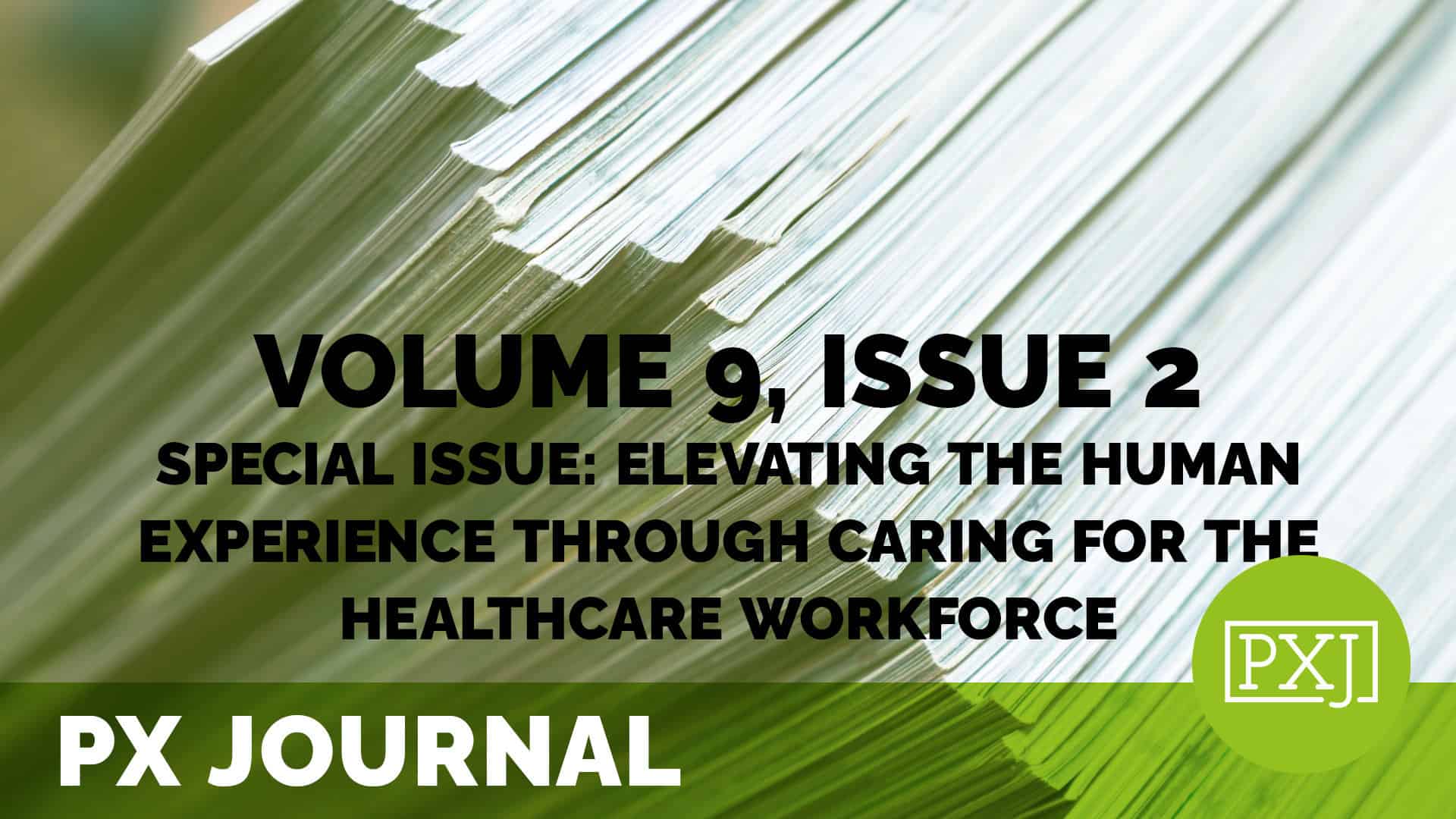Rules of engagement: The role of mistreatment from patients in the nurse, physician and advanced practice provider experience

The objective of this study is to examine the incidence of reported stress due to mistreatment by patients toward clinicians and the role of mistreatment from patients along with organizational factors in clinician distress. A survey of clinicians was conducted at a large academic medical center, resulting in a final analytic sample of 1,682 physicians, nurses, advanced practice providers and clinical support staff. Nurses reported the greatest incidence of mistreatment by patients as a major stressor (18.69%), followed by Advanced Practice Providers (11.26%), Clinical Support Staff (10.36%), and Physicians (7.69%). Logistic regression analysis was conducted to determine the relationship of individual- and organization-level characteristics with the odds of reporting mistreatment from patients as a major stressor. Overall findings indicate that nurses and those who work in the ER and ambulatory or outpatient clinics were more likely to be stressed from mistreatment by patients than other clinicians. Stress due to mistreatment by patients was also associated with higher Well-Being Index (WBI) distress scores, rapid changes in workflows or policies, ongoing care of COVID-19 patients, under-staffing, and low perceived organizational support. Gender or sexual minorities (not identifying as male or female) and younger (18-34 years of age) healthcare workers were also more likely to experience stress from mistreatment by patients. Individual resilience was not statistically significantly associated with reported stress from mistreatment by patients. Organizations must examine expectations for patient and visitor behavior in tandem with service standards for clinicians toward patients.
Related content
-
 Culture & Leadership | Patient Family & Community Engagement | Staff & Provider Engagement
Culture & Leadership | Patient Family & Community Engagement | Staff & Provider EngagementPX Chat: Leading with Pride – Navigating Patient Experience in Today’s Political Climate
2pm ET / 1pm CT / 12pm MT / 11am PT – Join us for a special PX Chat hosted by The Beryl Institute, created specifically for members and allies of the LGBTQ+ community working in patient experience. This virtual gathering is a dedicated space to connect, reflect, and support one another as we navigate
Learn more -
 Culture & Leadership | Staff & Provider Engagement
Culture & Leadership | Staff & Provider EngagementUnleashing Collective Potential: The Power of Team-Based Leader Rounding in Elevating Patient Care
During this webinar, attendees will gain insights into strengthening their current leader rounding program by adopting a collaborative team-based approach, employing targeted and purposeful questioning and implementing a structured escalation and resolution framework. Participants interested in establishing a new leader rounding initiative will find this program equally valuable in providing essential guidance and best practices
Learn more -
 Staff & Provider Engagement
Staff & Provider EngagementInvestigating the Perceived Impact of Surgeons’ Burnout on Surgical Physician Associates’ Wellness in United States Ambulatory Surgery Centers
Surgeons are the de facto leaders of surgical teams with surgical physician associates (SPAs) as integral members who function in all areas of the peri-operative environment. Surgeons often supervise SPAs.
Learn more
